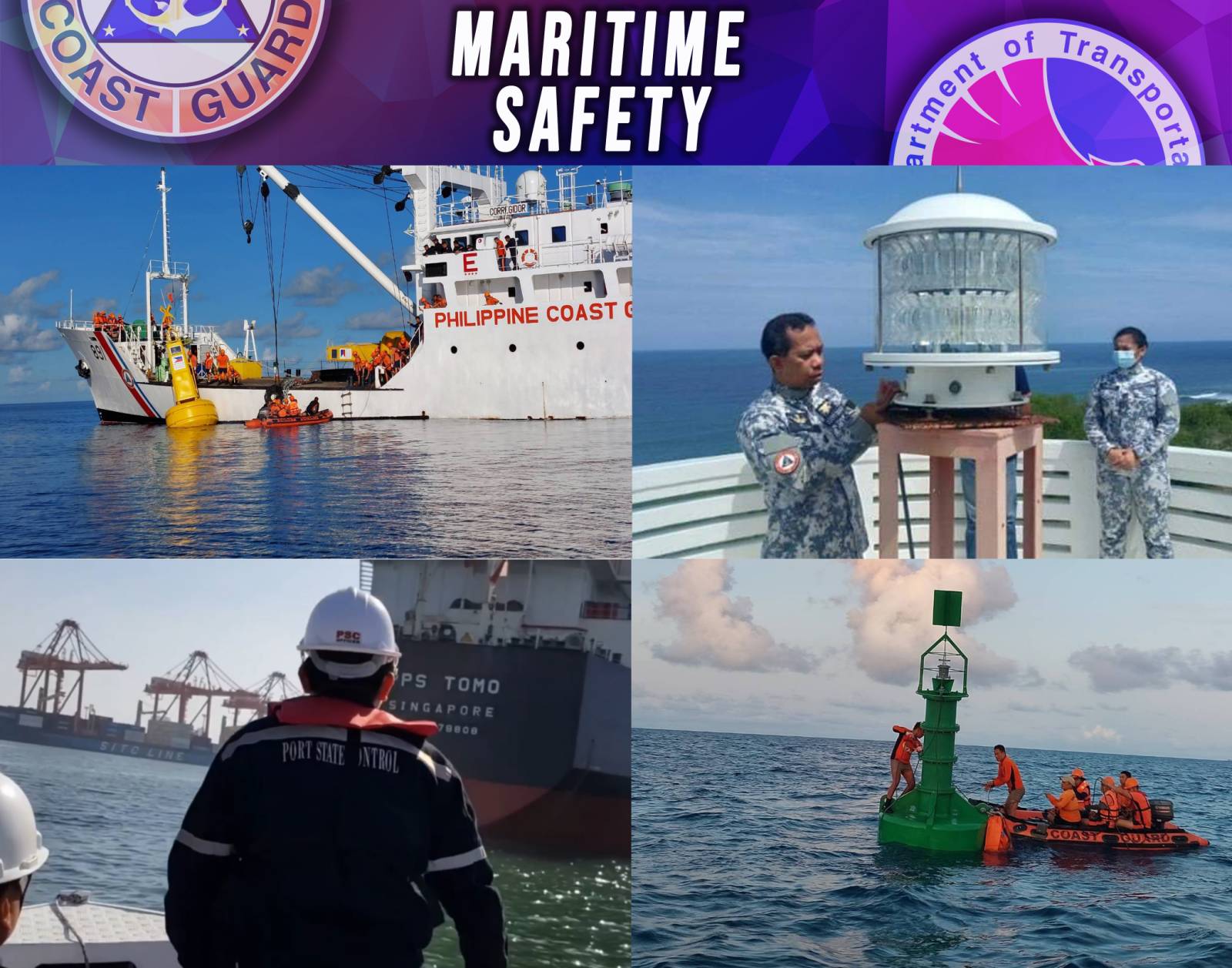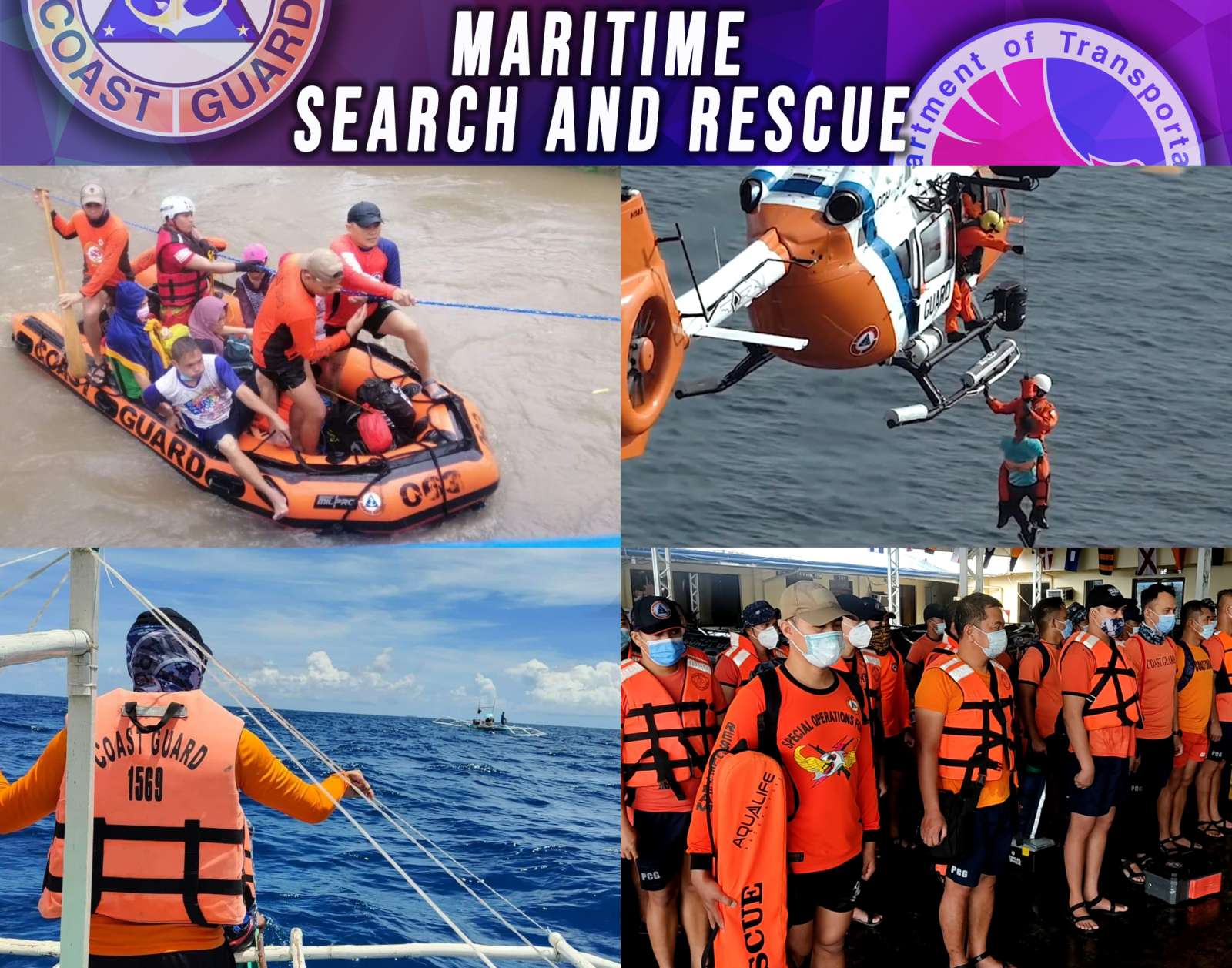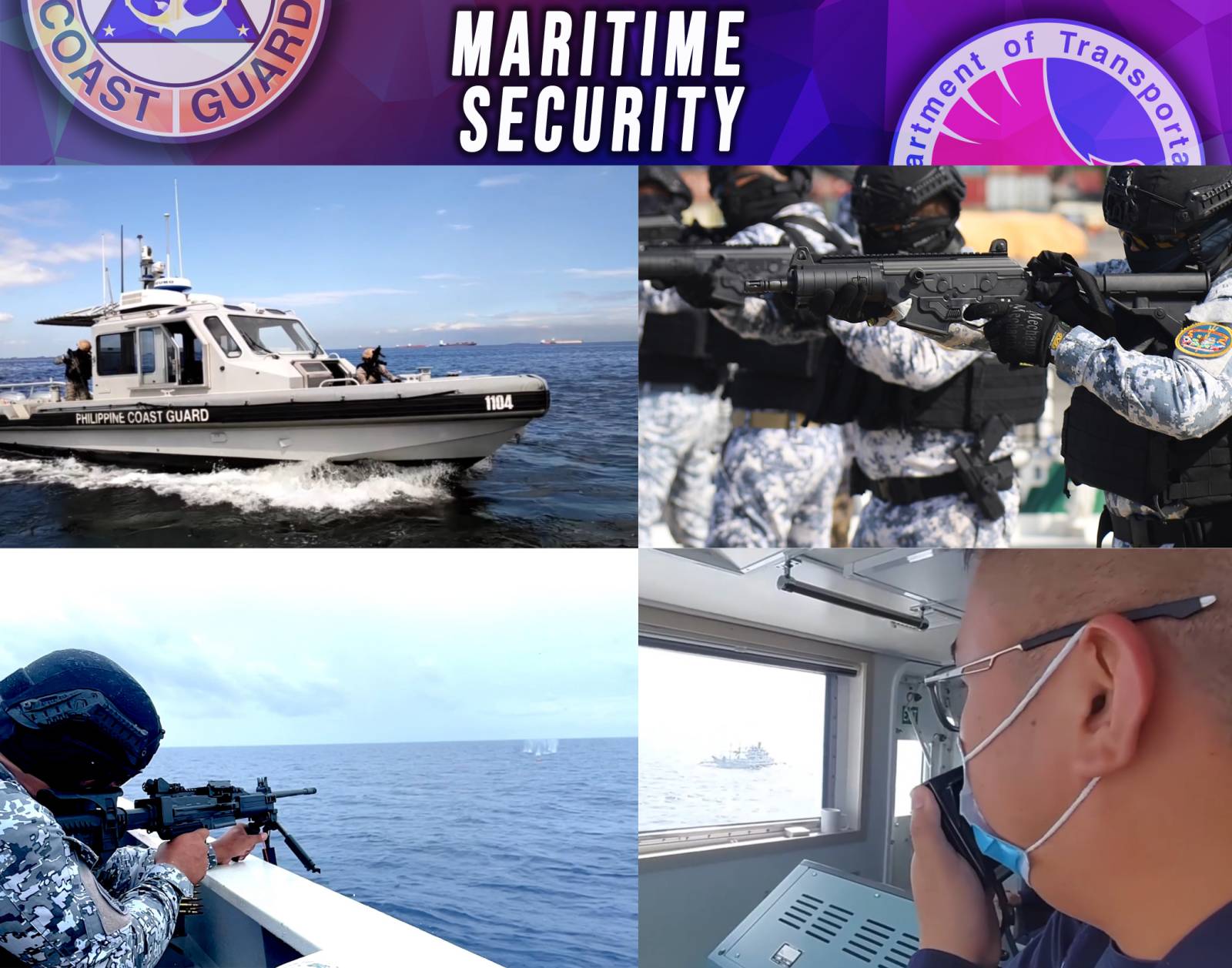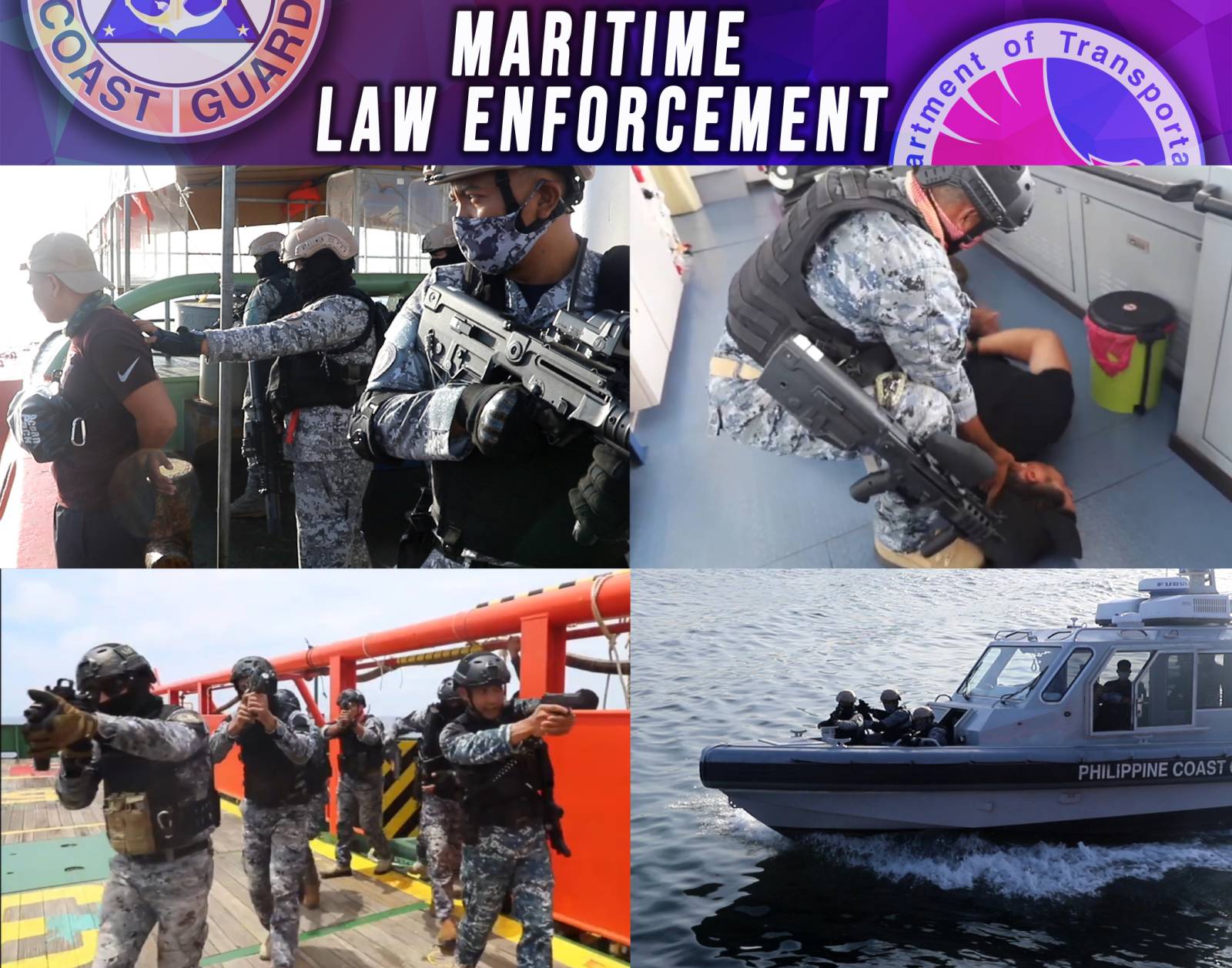- Details

The Philippine Coast Guard (PCG) is the country's vanguard against the entry of unsafe foreign vessels into the country through its Port State Control (PSC). At present, the PCG has 14 PSC Centers and 29 PSC Divisions all throughout the archipelago.
The PSC Center in Manila has the bulk of al inspections based on frequency of foreign ship calls.
Pursuant to Republic Act 9993, the organization is mandated to enforce regulations in accordance with all relevant maritime international conventions, treaties or instruments of which the government is signatory and national taws.
MARITIME SAFETY or MARSAF function is designed to help prevent or minimize unnecessary loss of lives and properties at sea.
The seaworthiness of every vessel leaving the port is ensured through the intensified Mandatory Pre-departure Inspection which include the compliance of vessels to safety standards and prevention of vessels from sailing for failure to comply with the standards; conduct of random Emergency Readiness Evaluation and Operational Readiness Evaluation in the ports; conduct of regular vessel safety inspections, and publication of Notice to Mariners (NOTAM), and the implementation and enforcement of navigational rules and designation of sea lanes, among others.
Further, the PCG is also responsible in issuing permits and supervises all marine salvage operations. It is mandated to destroy or tow floating hazards to navigation such as, but not limited to illegal fish traps and vessels.
Moreover, navigational safety is ensured by operating and/or maintaining and servicing 565 lighthouses and more than 44 navigational buoys around the country which guide and ensures safe voyage to mariners.
- Details
![]()
The Philippines is a signatory to IMO Conventions on Marine Pollution of 1973 and 1978 (MARPOL 73/78). The Philippine Coast Guard under RA 9993 is the sole agency responsible for the Philippine implementation of the Conventions with regards to oil pollution, prevention, mitigation and control through the conduct of marine pollution monitoring and control, enhancement of PCG capability and oil spill response operations and enforcement of all marine environmental laws and regulations.
- Details

The Philippine Coast Guard (PCG), pursuant to Republic Act 9993 otherwise known as the "Philippine Coast Guard Law of 2009", is the national maritime search and rescue (SAR) service of the country.
One of its functions is to render aid to persons and vessels in distress and conduct search and rescue in marine accidents within the maritime jurisdiction of the Philippines, including the high seas, in accordance with applicable international conventions.
In the performance of this function, the PCG may enlist the services of other government agencies and the merchant marine fleet.
The Coast Guard Command Center (CGCOMCEN) at the PCG National Headquarters in Manila, by virtue of the current functions and facilities, serves as the coordinating center for all search and rescue operations.
The 15 Coast Guard districts are designated as Maritime Rescue Sub-Centers (MRSCs) within their areas of responsibility, while the 90 Coast Guard stations and 464 sub-stations are designated as Search and Rescue Units (SRUs).
The PCG's SAR organization maintains constantly manned watch centers that operate 24 hours a day, continuously monitoring distress frequencies and conducting coastal foot and seaborne patrol within their area of responsibility.
There is at least one division or squadron of Coast Guard Auxiliary in each MRSC where a watch can be set, and assistance can be obtained when required.
Likewise, at least one Deployable Response Team composed of Special Operations Group, Medical Team, K-9, and rescue swimmers is organized at each Coast Guard District or MCG, which can be dispatched immediately to any maritime and land base search and rescue operations.
- Details

Maritime Security is another important function of the PCG. Considering the archipelagic character of the country, it is vital to enhance the security of its different maritime zones to protect the integrity as a nation. In the performance of this function, the PCG contributes to maintain good order at sea by conducting regular patrols and surveillance for the safety of navigation of ships, to safeguard ships from illegal acts and to promote freedom of navigation.
The PCG is likewise mandated to secure exploration and resource utilization activities within the country's maritime jurisdiction.
In its Sea Marshal Program, the PCG manages composite security forces composed of AFP, PNP and PCG elements to protect voyages of passenger-laden vessels in domestic routes. The Coast Guard also boasts of a newly established nationwide K-9 unit composed of highly trained sniffing dogs deployed in the major ports throughout the country.
- Details

The PCG is likewise mandated to conduct MARITIME LAW ENFORCEMENT (MARLEN) and implement laws on fisheries (and poaching), immigration, tariff and customs, forestry, firearms and explosives, human trafficking, dangerous drugs and controlled chemicals, and to implement the revised penal code and all other applicable laws within the country’s maritime jurisdiction and battle transnational crimes.
The PCG is authorized to board and inspect all watercrafts suspected to be involved in or used in illegal trade. PCG personnel are also deemed agents of BFAR, Immigration, Customs, DENR, PDEA, and INTERPOL in the performance of its MARLEN function.
As a maritime organization under RA 9993 , it is deputized by 21 government agencies to perform maritime law enforcement functions directed towards the suppression of piracy, smuggling, poaching, illegal fishing, illegal entry, human smuggling, illegal logging, drug trafficking, gun running and terrorist activities.

